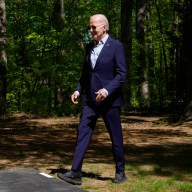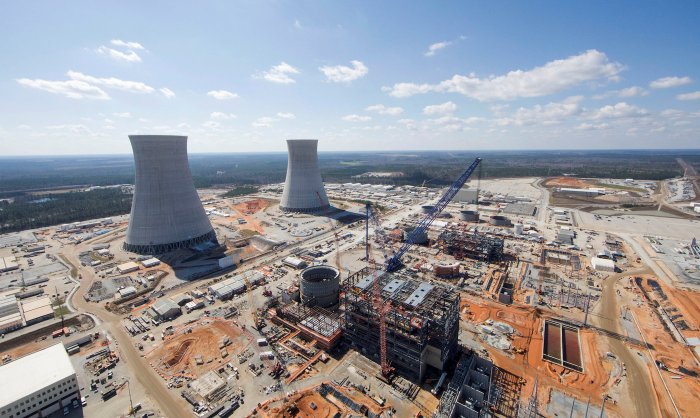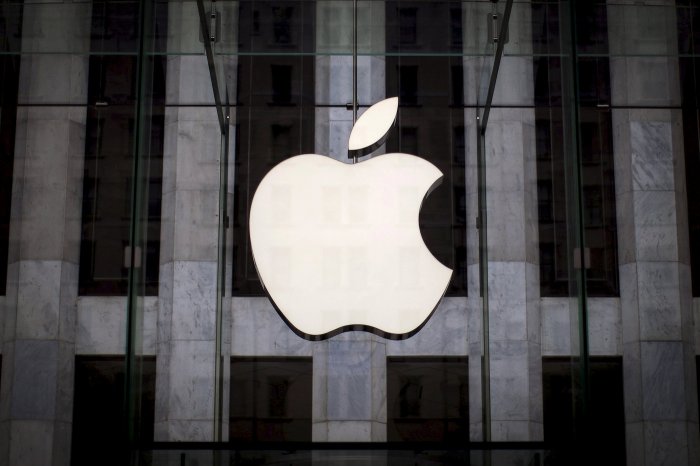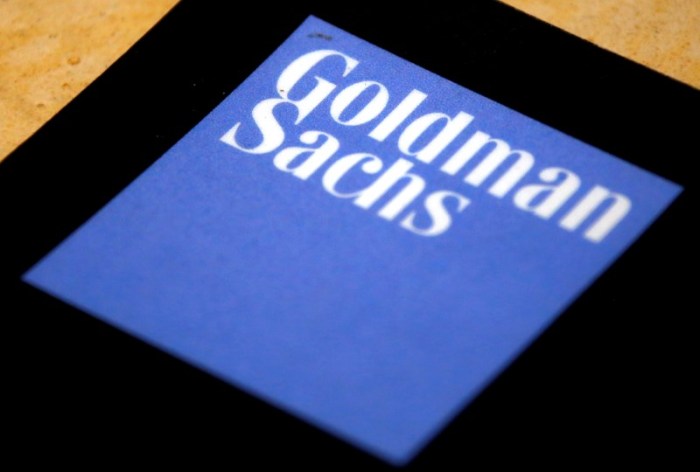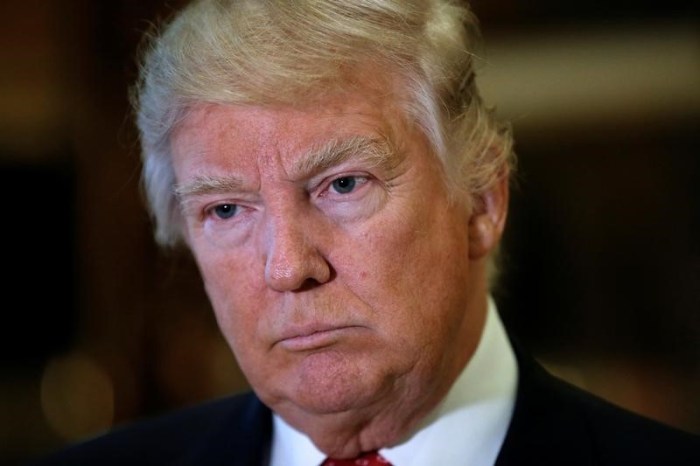By Geert De Clercq, Michel Rose and Benjamin Mallet
PARIS (Reuters) – EDF Board members at their meeting on July 28 were not informed that Britain planned to delay its decision on the $24 billion project to build the power plant in England, according to several sources with direct knowledge of the proceedings. The board narrowly approved the project but hours later the government of new British Prime Minister Theresa May – which had been expected to sign contracts on July 29 – instead said it wanted to give the plans further consideration. It postponed its final decision until early autumn. In comments to reporters at French state-controlled EDF’s first-half earnings release on July 29, Levy – who is also chairman of the board – had said he had not been aware at the time of the board meeting that the British government wanted more time to review the contract. In a letter emailed to EDF’s executive committee late on Tuesday this week, and reviewed by Reuters, Levy said that when he called the board meeting on July 21, he had done so with the go-ahead of the French state, which “had warned us that in light of her very recent arrival, the new British prime minister had asked for ‘a few days’ before deciding on the project”. Levy said that late on July 27, the night before the board meeting, he had been informed that May wanted “a bit more time, without calling into question the project, and without specifying the date when the contract could be signed”. He added that EDF cancelled a contract signing ceremony planned for July 29 in Somerset, south-west England, and that the Chinese energy minister – who had been invited to attend the ceremony – had cancelled his plane ticket at the last minute. “When the board voted, on the afternoon of July 28, we (management) therefore knew that the ceremony would not take place the next day,” Levy wrote.
EDF, speaking on behalf of the company and Levy, declined to comment on the letter or the board proceedings.
CRITICISM
EDF along with its Chinese partner China General Nuclear, which holds a one third stake in the project, are responsible for the $24 billion project’s construction costs, while Britain would pay a minimum price for the power generated by the plant for 35 years. On the day of the board’s vote, one board member resigned, saying the project was too financially risky and would crimp EDF’s ability to invest in renewables. EDF’s unions say the project is too big and jeopardises the firm’s survival. EDF’s finance chief resigned over the project earlier this year. The board approved EDF’s investment by 10 votes to seven on July 28, but sources with direct knowledge of proceedings told Reuters that some of the board members who had opposed the plan now felt that Levy and the government had withheld essential information that could have changed the outcome of the vote. The sources declined to be named as board proceedings and discussions are confidential.
The French state owns 85 percent of EDF and sets its industrial strategy.
A senior French government source told Reuters that Levy had been informed by both the French presidency and the industry ministry that the British government was not going to sign in the 24 hours after the EDF board meeting. But he added that Levy was not aware of the fact that London would delay the Hinkley Point decision till the autumn.
It is unclear whether the state’s main representatives on the board – Martin Vial, head of the state holding company APE, and Christian Masset, foreign ministry secretary-general – knew that Britain planned to delay its decision. APE and Vial declined to comment. Masset did not respond to requests for comment.
The British decision to review the Hinkley Point project came little more than a month after Britons voted to leave the EU in a referendum that forced the resignation of Prime Minister David Cameron – whose administration gave the initial go-ahead to the project in 2013 – and the accession of May. The Brexit vote, the resulting economic uncertainty and the change of leadership threw doubt on the future of major British infrastructure projects, including Hinkley Point.
($1 = 0.7491 pounds)
(Additional reporting by Jean-Baptiste Vey; Writing by Geert De Clercq; Editing by Pravin Char)






